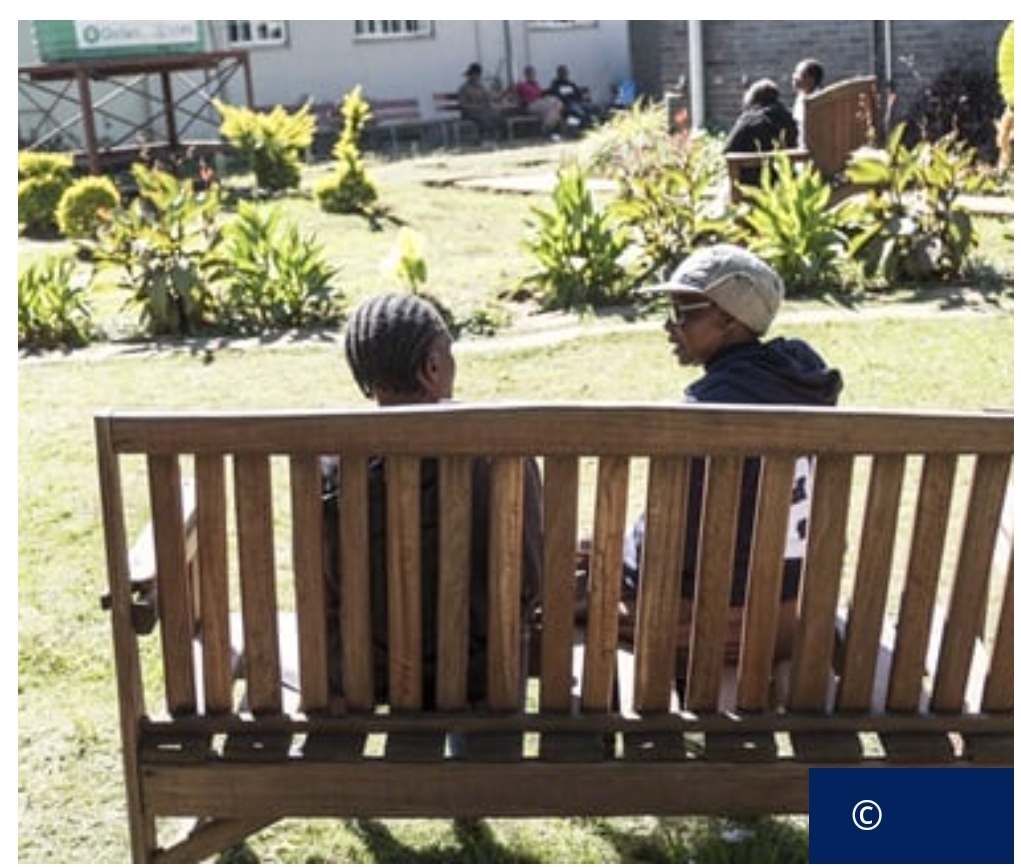WHO Unveils New Guidance to Transform Global Mental Health Systems, Aims to Close Gaps in Access and Quality of Care.
Geneva:
The World Health Organization (WHO) has launched a comprehensive new set of guidelines aimed at reforming and strengthening mental health policies and systems worldwide. The guidance, unveiled today, focuses on closing critical gaps in access to mental health care, which remains severely underfunded and often of poor quality, especially in low- and middle-income countries. WHO’s initiative highlights the urgent need to address these gaps, ensuring that mental health services are available, inclusive, and aligned with international human rights standards.
A Global Crisis in Mental Health Care
Mental health services globally continue to face serious challenges. In some nations, as many as 90% of people with severe mental health conditions do not receive the care they need, often due to a lack of adequate services and outdated institutional models. Many existing mental health care systems still operate under conditions that fail to meet the modern standards of human rights, leaving individuals with mental health conditions without proper care and support.
Dr. Tedros Adhanom Ghebreyesus, WHO Director-General, emphasized the need for urgent action. “Despite rising demand, quality mental health services remain out of reach for many people. This new guidance gives all governments the tools to promote and protect mental health and build systems that serve everyone,” Dr. Tedros said in a statement.
A Blueprint for Change
The new guidance offers a clear and actionable framework for governments to transform their mental health services. It focuses on a person-centered, recovery-oriented approach and provides strategies to ensure mental health care is integrated into broader health systems. Key areas of focus include:
- Human Rights and Mental Health: Protecting the rights of people with mental health conditions and aligning national policies with international human rights standards.
- Holistic Care: Promoting comprehensive care that addresses not only psychological support but also physical health, social well-being, and economic factors.
- Addressing Social Determinants: Tackling the broader social and economic factors that shape mental health, such as employment, housing, and education.
- Prevention and Promotion: Implementing prevention strategies and focusing on population-wide mental health promotion, aiming to reduce the prevalence of mental health issues globally.
- Inclusion of Lived Experience: Ensuring that individuals with lived experience of mental health conditions are involved in the planning, design, and evaluation of policies and services to ensure that the systems are responsive to their needs.
Focus Areas for Reform
The guidance identifies five key policy areas that require urgent reform to strengthen mental health systems:
- Leadership and Governance: Building strong leadership at national and local levels to champion mental health reform.
- Service Organization: Restructuring mental health services to be community-based, accessible, and integrated into general health care systems.
- Workforce Development: Training and expanding the mental health workforce to meet the growing demand for services.
- Person-Centered Interventions: Ensuring that mental health services prioritize the needs and preferences of individuals, offering personalized care and support.
- Social and Structural Determinants: Addressing the broader societal factors that impact mental health, including poverty, inequality, and discrimination.
Tailored Approaches for National Contexts
The WHO guidance offers flexibility, allowing governments to tailor their mental health strategies according to their unique national context, available resources, and priorities. This flexible approach is designed to be practical and adaptable, catering to the needs of countries with varying income levels and stages of development.
Dr. Michelle Funk, Unit Head of Policy, Law, and Human Rights in the WHO Department for Mental Health and Substance Abuse, explained, “This new WHO guidance provides practical strategies for countries to build inclusive, responsive, and resilient mental health systems. Designed to be flexible, it allows all countries – whether low-, middle-, or high-income – to adapt their approach to mental health care based on national context, needs, and priorities.”
A Collaborative Effort
Developed through consultations with global experts, policymakers, and individuals with lived experience, the guidance draws on the resources created under the WHO QualityRights initiative. This initiative has been central in promoting a person-centered, rights-based approach to mental health care.
WHO also pledged its ongoing support to countries in the form of technical assistance and capacity-building programs to help implement the new guidelines effectively.
In summary, the new WHO mental health guidance represents a major step forward in the global effort to ensure quality mental health services for all. With its emphasis on human rights, holistic care, and addressing the root causes of mental health issues, the guidance provides governments with the tools they need to build more inclusive, effective, and equitable mental health systems.




